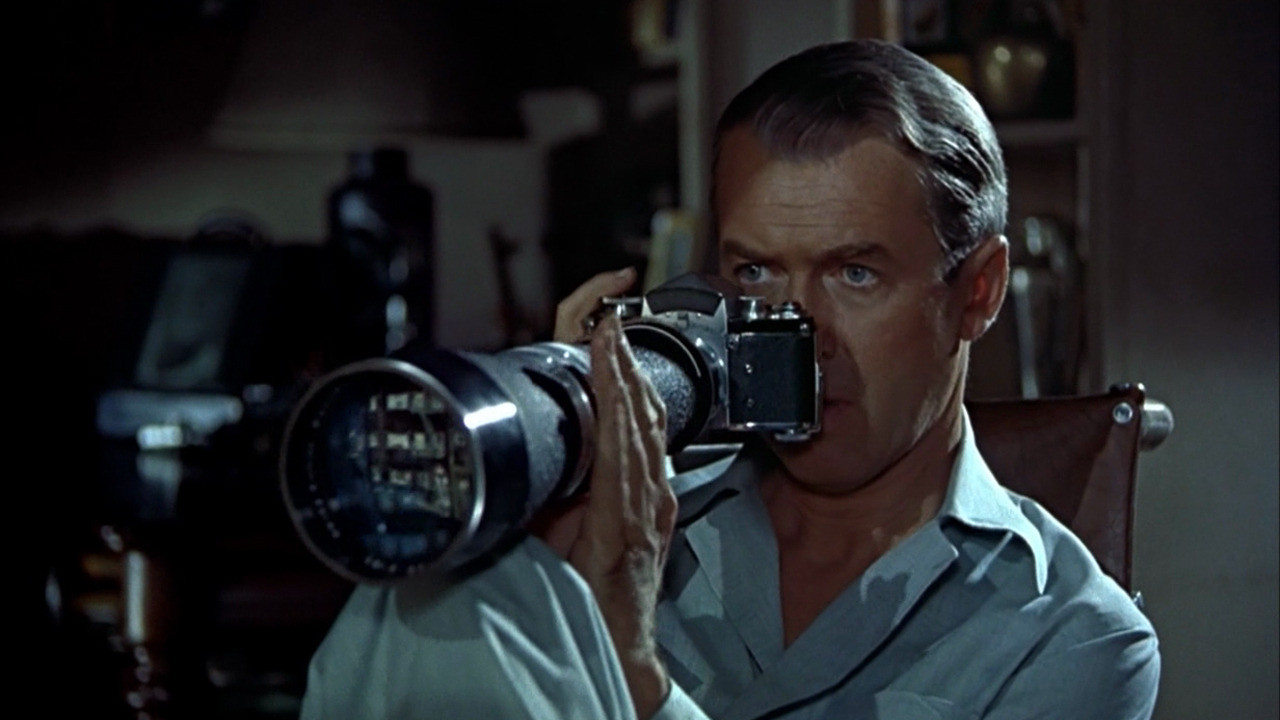Art means different things to different people. Great art can be interpreted variously. As a medium, films are significant to people for different reasons. I love film, but maybe for different reasons than you do. These are the characteristics that make up great film, in my outlook:
What aspects of film make them great in your opinion?
Entertainment—A movie must keep one’s attention, the best
movies are riveting. A poor movie is
usually indicated by one wondering how long we have to go until the movie is
done.
The reason I rate Finding Nemo or Spinal Tap so highly is
not because they have any deep message, but because they are entertainment
machines, no matter how often one watches them.
On the other hand, Umberto D. is arguably a great film, but pretty dull.
 |
| You cried at this scene: Admit it. |
Emotion—It captures the emotions, whether that emotion is
anger, romance, laughter, depression. A
poor movie leaves you feeling nothing, identifying with no character or
situation.
A movie can be very successful in placing one in the midst
of a situation that one finds unacceptable—such as my reaction to Seven
Samurai, or some people’s reaction to Grave of the Fireflies. However, even if we dislike the situation, we
have recognize the movies as great because they succeeded in stirring us
emotionally.
Some movies might be very entertaining, but not be
emotionally intense, such as The Princess Bride. This usually will limit the work’s greatness. But not the Princess Bride. It's just that great.
 |
| What IS he doing to that piano? |
Mystery—There is something hidden in the movie that must be
dug for. The best movies have multiple
meanings, one on the surface and one not as easy to see. A poor movie is one in which the point and
ending is seen before the movie is halfway over.
A sense of mystery can go too far, if it fails in other
ways, such as Eraserhead. That film is
so mysterious it doesn’t convey emotion and it’s entertainment value is
limited. It is a great movie to analyze,
though. But most critics would consider
a movie shallow simply because there is nothing to think about, such as the
majority of romantic comedies.
 |
| Hey, ballet SAYS something. I had no idea. |
Communication—It accurately communicates the theme it intends
for the audience to receive. This
doesn’t mean that the audience shouldn’t have to work for it, but the audience
shouldn’t leave completely confused.
This is the reason why Synecdoche, New York is so controversial among
critics. Some critics didn’t see it
communicating anything, only being one huge mess of a mystery. Others, such as myself, think that it
communicated well, but left much for multiple viewings to discover.
Technically sound—The movie is put together well enough that
the moviemaking isn’t noticed beyond some innovations. If the acting, story or camera is too
noticeable, then it is working against the above characteristics. Moviemaking is about storytelling, not the
other way around.
The extreme stylists, such as Peter Greeenaway, I think,
make an error in having their style be louder than what they are trying to
express. While others, such as Tarintino
in his best films, can use style to draw one in and to communicate.
It is in this area
that critics can sometimes be unhelpful. If they focus so much on the technical
aspects, such as a particular performance, then the viewer focuses on the
technical ability, rather than what the actor wants the viewer to focus on.

great analysis about people, thanks ^^
ReplyDelete